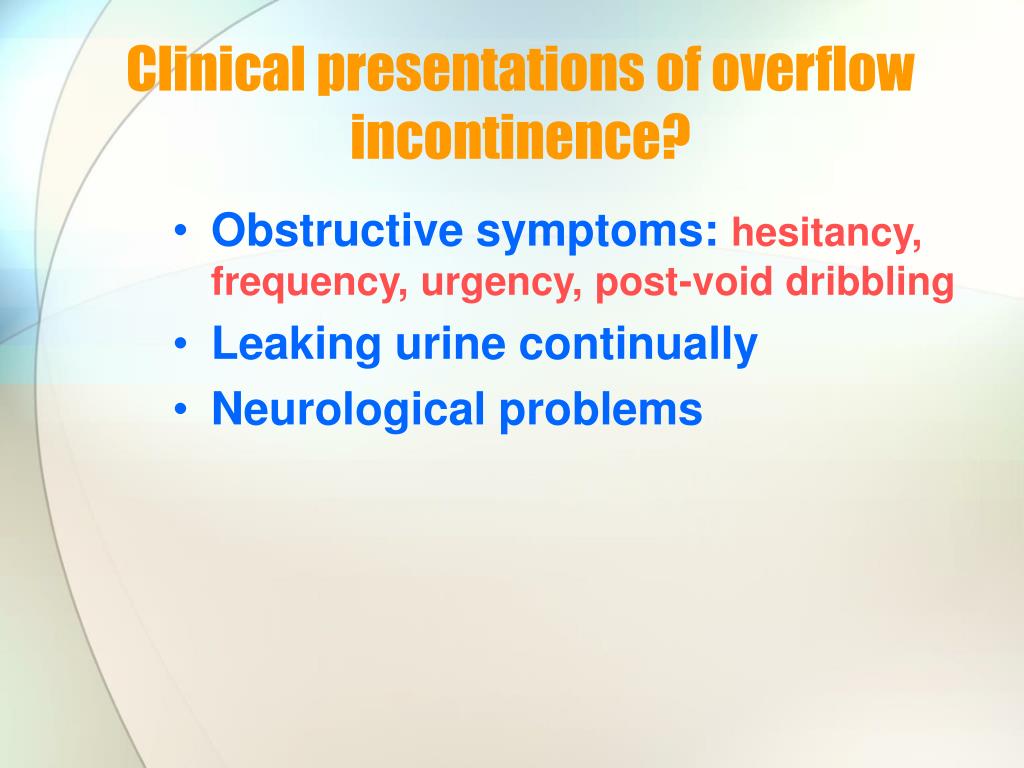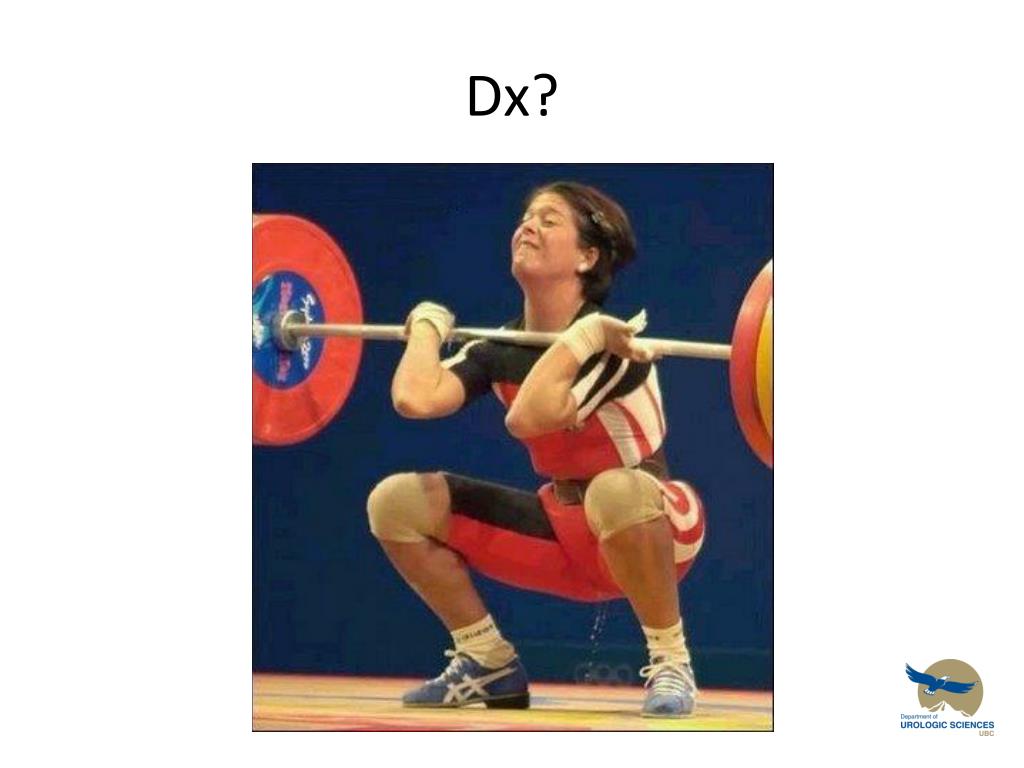

Contributing factors include some of the disorders that cause daytime incontinence along with disorders that increase the amount of urine. Common causesįor nighttime incontinence, an underlying medical disorder accounts for about 30% of cases. Children with diabetes mellitus or diabetes insipidus can develop incontinence because these disorders produce excessive amounts of urine. read more may develop urinary incontinence. Similarly, children who are sexually abused Sexual abuse Child maltreatment includes all types of abuse and neglect of a child under the age of 18 by a parent, caregiver, or another person in a custodial role (for example, clergy, coach, or teacher). read more can cause a child to develop urinary incontinence. Adults often have a difficult time dealing with death, and children may have a particularly difficult time. read more or separation of the parents, moving, or loss of a family member Death of a Family Member or Loved One Many families have to deal with the difficulties surrounding an ill and dying child. Other than the death of an immediate family member, divorce is the most. Stressful events such as divorce Divorce and Children Separation and divorce, and the events leading up to them, interrupt the stability and predictability that children need. Dietary causes include caffeine and acidic juices, such as orange and tomato juice, which can irritate the bladder and lead to leakage of urine. Sexually active adolescents can have urinary difficulties caused by certain sexually transmitted infections. These holding maneuvers may increase the chance of developing a urinary tract infection. To prevent urine from leaking, many children with incontinence learn to cross their legs or use other positions (holding maneuvers), such as squatting (sometimes with their hand or heel pressed between their legs). read more ) are common infectious causes. A frequent need to urinate and pain or burning while urinating are the most common symptoms. Usually, bacteria are the cause of cystitis. read more (UTIs) and viral infections causing bladder irritation (bacterial or viral cystitis Bladder Infection Cystitis is infection of the bladder. Urinary tract infections are caused by bacteria. Bacterial urinary tract infections Urinary Tract Infection (UTI) in Children A urinary tract infection is a bacterial infection of the urinary bladder ( cystitis), the kidneys ( pyelonephritis), or both. Constipation, which is defined as difficult, hard, or infrequent stooling, is the most common cause of sudden changes in urinary continence in children. Some medical conditions that the child develops can cause new urinary incontinence. read more, infections, diet, emotional stress, and sexual abuse. These include constipation Constipation in Children Constipation refers to delay or difficulty in passing stool for a period of at least 1 month in infants and toddlers and a period of 2 months in older children (see also Constipation in adults). If the child has been dry for a long time and the incontinence is new, the doctor considers conditions that can cause loss of continence.

Some children have an overactive bladder that easily spasms or contracts, causing incontinence, whereas others may have difficulty emptying their bladder. Another type of birth defect causes the tubes that connect the kidneys to the bladder (ureters) to end in an abnormal location in the bladder or even outside the bladder (such as in the vagina or urethra or on the surface of the body), causing incontinence (see Misplaced ureters Misplaced ureters Ureters are the tubes that transport urine from the kidneys (the two organs that filter waste from the blood to make urine) to the bladder (the expandable, muscular sac that holds urine). Some infants have a birth defect that prevents the bladder or urethra from developing completely, leading to nearly constant urine loss (total incontinence). read more can cause abnormal nerve function to the bladder and lead to incontinence. Neural tube defects can result in nerve damage, learning disabilities, paralysis, and death. For example, a spinal cord defect such as spina bifida Neural Tube Defects and Spina Bifida Neural tube defects are a certain type of birth defect of the brain, spine, and/or spinal cord. Several uncommon but important disorders affect the normal anatomy or function of the bladder, which can lead to urinary incontinence.


 0 kommentar(er)
0 kommentar(er)
